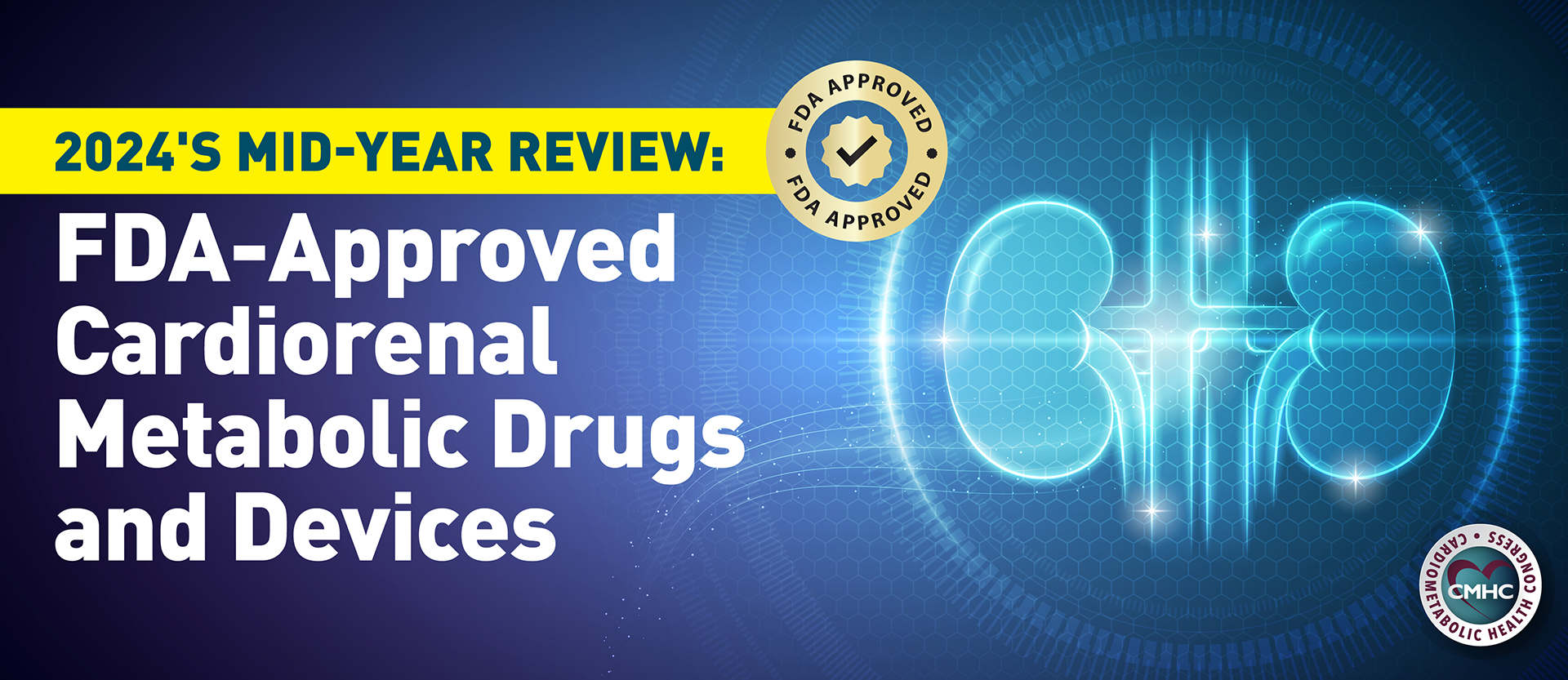In today’s society, the prevalence of obesity has become a significant concern. With sedentary lifestyles and the easy availability of unhealthy food choices, more and more individuals are struggling with weight-related issues. This has led to a growing recognition of the importance of maintaining a healthy weight and taking proactive steps towards achieving it. Currently, it is believed that approximately 42.4% of adults in the U.S. have obesity, and this rate has increased by more than 10 percentage points in the past two decades.
Understanding the prevalence of obesity is crucial in comprehending why events like Healthy Weight Week are essential. Obesity not only affects an individual’s physical appearance but also poses serious health risks. It increases the likelihood of developing chronic conditions such as heart disease, diabetes, and high blood pressure. Furthermore, carrying excess weight can also have detrimental effects on mental health as individuals may experience low self-esteem, body image issues, depression, and a reduced quality of life.
The Rise of Weight Loss Drugs
The rise of weight loss drugs has brought with it a promising solution in the battle against obesity. These pharmaceutical interventions have emerged as a viable option for individuals who have been struggling with weight management and offer an additional tool alongside other lifestyle modifications such as exercise.
These weight loss drugs, however, are not meant to be a standalone solution. Rather, they should form part of a comprehensive treatment plan and only be used under the guidance and supervision of healthcare professionals who can assess each individual’s potential risks and benefits.
A Look at the Latest Approvals
Semaglutide
In recent years, there has been a growing market for drugs and supplements aimed at promoting weight loss. Among these options is semaglutide (Wegovy), a medication that has gained attention for its effectiveness in aiding weight loss efforts.
Semaglutide was approved by the U.S. Food and Drug Administration (FDA) in 2021 as a once-weekly injection for chronic weight management in adults with obesity and at least one weight-related condition such as type 2 diabetes or hypertension. It became the first approved drug for chronic weight management in adults with obesity since 2014. Semaglutide 1 mg injection (Ozempic), was first approved as a treatment for type 2 diabetes in 2017.
The drug works by mimicking the glucagon-like peptide-1 (GLP-1) hormone which targets areas of the brain that regulate appetite and food intake.
In January of 2023, the FDA also approved semaglutide for the treatment of obesity in adolescents aged 12 to 17 years.
Tirzepatide
In November of 2023, the FDA approved tirzepatide (Zepbound) for chronic weight management in adults with obesity, or who are overweight with at least one weight-related condition, such as high blood pressure, type 2 diabetes, or high cholesterol.
Tirzepatide is a dual GIP/GLP-1 agonist that activates hormone receptors secreted in the intestines. It works to reduce appetite and food intake and is administered by injection once a week. It was previously approved for type 2 diabetes in 2022 under the name Mounjaro.
During the tirzepatide trials, it was found that after 72 weeks of treatment, those patients who received Zepbound experienced a statistically significant reduction in body weight compared to those on placebo.
Upcoming Breakthroughs in Obesity Medications
The obesity treatment landscape continues expanding rapidly, with multiple novel agents showing promise in late-stage trials and regulatory reviews. Beyond recently approved therapies like tirzepatide, the horizon reveals increased options on the way.
CagriSema
CagriSema is a combination drug that includes both semaglutide and cagrilintide. During a phase 2a trial, it was found that 71% of adults receiving coadministered cagrilintide and semaglutide 2.4 mg lost at least 10% of their body weight.
Survodutide
A GLP-1/glucagon dual agonist, survodutide is currently in phase 3 trials. Previous research has demonstrated that adults with obesity who were given once-weekly survodutide 4.8 mg lost up to 18.7% of their body weight at 46 weeks. Furthermore, most of the participants who were given survodutide 3.6 mg or 4.8 mg lost more than 15% of their body weight. Professor of experimental pathology at the University College Dublin School of Medicine and St. Vincent’s University Hospital, Carel Le Roux, MD, PhD, states that “The efficacy seen suggests that this dual agonist mechanism of action, which adds glucagon receptor agonist activity, may have additive benefits to GLP-1 receptor agonists.”
Retatrutide
Retatrutide is a glucose-dependent insulinotropic polypeptide (GIP) and glucagon receptor agonist. Study data revealed that adults with obesity who received the highest dose of a once-weekly injection of retatrutide lost an average of 24.2% of their body weight at 48 weeks compared with placebo.
Oral Semaglutide
The OASIS 1 study revealed that adults with obesity who were given oral semaglutide 50 mg resulted in them losing more than 15% of their body weight at 68 weeks. “Oral semaglutide 50 mg may represent an effective option for the treatment of obesity, particularly in patients who prefer oral administration,” said Filip K. Knop, MD, PhD, professor of endocrinology and director of the Center for Clinical Metabolic Research at Gentofte Hospital, University of Copenhagen in Denmark, and consultant endocrinologist at Steno Diabetes Center in Copenhagen.
Orforglipron
Orforglipron is now moving into phase 3 trials after phase 2 studies demonstrated a reduction in body weight by 14.7% at 36 weeks. In addition, nearly half of the participants in the study lost 15% or more of their body weight. It is an oral GLP-1 receptor agonist and if approved, would become the first oral GLP-1 receptor agonist approved for weight loss. According to Sean Wharton, MD, director of the Wharton Medical Clinic in Toronto, “This is a medical advancement not just another study … because this is a non-injectable, it’s a nonpeptide. Making a chemical, nonpeptide, small molecule drug that you can make a billion of relatively quickly and warehouse them can [help] people access care that they need. … That’s what I think is the game changer. This is a world-changing molecule.” He added that Orforglipron can be taken without restriction of food, water, and other medications and has a half-life that enables once-daily dosing. “This promising data of a chemical, nonpeptide molecule supports continued development of orforglipron as an oral treatment for obesity.”
Going Beyond Weight Reduction
While powerful weight reduction represents an obvious endpoint in assessing weight loss drugs, equally important are the downstream effects on obesity-related complications. For this reason, the practice guidelines for treating obesity recommend screening adults for overweight and obesity using BMI, diagnosing and establishing treatment targets based on their weight-related complications, as well as using pharmacotherapy and surgery for appropriate patients.
According to Karl Nadolsky, DO, FACE, DABOM, assistant clinical professor of medicine at Michigan State University College of Human Medicine and chief of the department of endocrinology, obesity, and metabolic health at Holland Hospital in Michigan, “The basics of a complications-centric approach are that we should evaluate or grade or stage the severity of obesity not by BMI … but by the severity of the disease, by the complications, the risk of the complications or the presence of complications, and that should dictate the intensity to which we’re treating from a behavioral perspective, pharmacotherapeutic perspective and surgical perspective.”
W. Timothy Garvey, MD, an endocrinologist and Butterworth Professor in the department of nutrition sciences at the University of Alabama at Birmingham (UAB) and director and principal investigator at the UAB Diabetes Research Center, adds, “It’s important to realize that patients who have both obesity and diabetes lose less weight with any intervention than patients who just have obesity alone. In obesity without diabetes, we saw approximately 22% weight loss with tirzepatide and about 15% weight loss on semaglutide 2.4 mg/week. However, in patients with both obesity and diabetes, we had only seen a maximum of about 10.6% weight loss on semaglutide 2.4 mg until the recent publication of the SURMOUNT 2 study showing weight loss of about 15% in these patients.”
Additionally, Dr. Garvey mentions, “It is difficult to recommend a hierarchy of preferred medications across the board in all patients…The choice of medication will depend on the amount of weight loss to predictably treat or prevent obesity complications in individual patients taking into account side effect profiles, concurrent medications and diseases, and accessibility.”
A Comprehensive Approach to Combating Obesity
Amidst an expanding toolkit of weight loss drugs, obesity management must also adopt a ‘bigger picture’ perspective that spans beyond the numbers on a scale. Alongside these new medications, renewed emphasis must be placed on the foundations of lifestyle changes. Priming patients on nutrition, emphasizing protein, fiber, and hydration along with stress management, physical activity, and improving sleep patterns, can benefit both weight and mood.
Concluding Thoughts
With the increased interventions of promising weight loss drugs not just for weight reduction, but also for improvement in associated risk factors, patients and providers are offered renewed hope. Though lifestyle remains foundational, eliminating barriers to accessible medical options promises to provide clinicians with more tools to combat unhealthy weights and associated life-threatening complications.
Sources:
- FDA approves once-weekly semaglutide for weight loss
- FDA Approves New Drug Treatment for Chronic Weight Management, First Since 2014
- FDA Approves New Medication for Chronic Weight Management
- Providers must go beyond weight reduction when treating obesity
- Survodutide induces up to 18.7% weight loss among adults with obesity in phase 2 trial
- ‘This raises the bar’: Phase 2 data show 24% weight loss with triple-agonist retatrutide
- Higher-dose oral semaglutide may be beneficial option for type 2 diabetes, obesity
- Oral GLP-1 confers up to 14.7% weight loss at 36 weeks for adults with obesity
- Pharmacology Consult: GLP-1 receptor agonists for weight loss management
- Combined GLP-1/amylin analog bests monotherapy for HbA1c drop, weight loss in diabetes
- ‘Watershed moment’: Obesity care in the spotlight as more drugs become available









